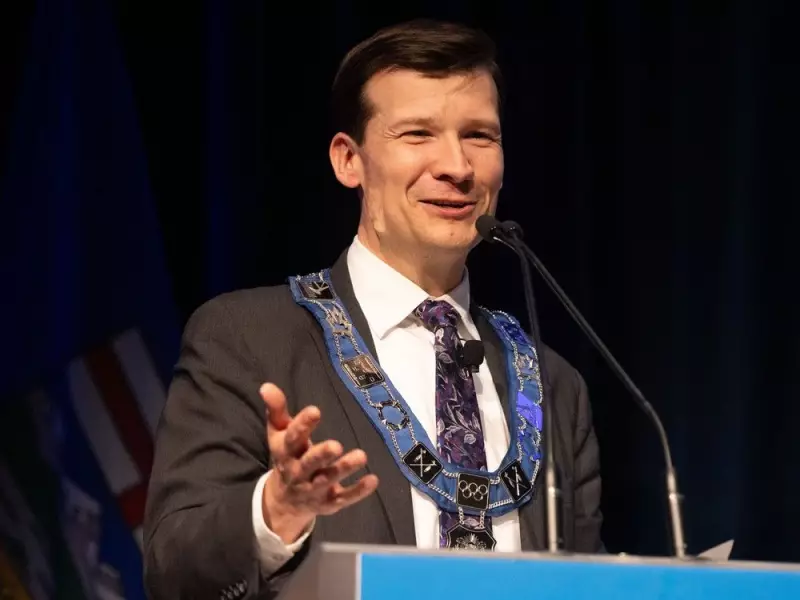
In a bold critique of Calgary's municipal direction, former mayoral candidate Jeromy Farkas is raising serious concerns about the city's proposed blanket rezoning policy and its potential consequences for taxpayers and community input.
The Blanket Rezoning Controversy
Farkas argues that the city's plan to implement widespread rezoning represents a fundamental shift in how Calgary approaches urban development. Rather than the traditional case-by-case approach that allows for community consultation, the proposed changes would apply uniform zoning rules across residential neighborhoods.
"This isn't just about density—it's about democracy," Farkas contends. "Residents are being sidelined in decisions that directly affect their neighborhoods and property values."
Taxation Concerns Take Center Stage
The former council member highlights the financial implications for Calgary homeowners, suggesting that the rezoning initiative could lead to significant property tax increases. With the city facing budget pressures, Farkas warns that taxpayers might bear the burden of infrastructure upgrades required to support increased density.
"Calgarians are already struggling with affordability challenges," he notes. "Adding substantial tax hikes on top of existing financial pressures could push many homeowners to their breaking point."
A Different Approach to Urban Planning
Farkas proposes an alternative vision for Calgary's growth—one that balances development needs with community preservation. He advocates for:
- Maintaining neighborhood character while allowing thoughtful infill
- Preserving meaningful public consultation processes
- Exploring targeted rezoning in appropriate corridors rather than blanket approaches
- Ensuring infrastructure keeps pace with development
The Broader Implications for Calgary
Beyond the immediate zoning debate, Farkas sees this issue as symbolic of larger governance questions at city hall. He questions whether current leadership is prioritizing bureaucratic efficiency over community engagement and whether taxpayer interests are being adequately represented in major policy decisions.
"This isn't just a planning issue—it's about what kind of city we want Calgary to become," Farkas emphasizes. "Do we want top-down control or bottom-up community building? The answer will shape our city for generations."
As the debate continues, Farkas urges Calgarians to pay close attention to how their city council approaches this fundamental change to urban planning and to make their voices heard before decisions are finalized.





